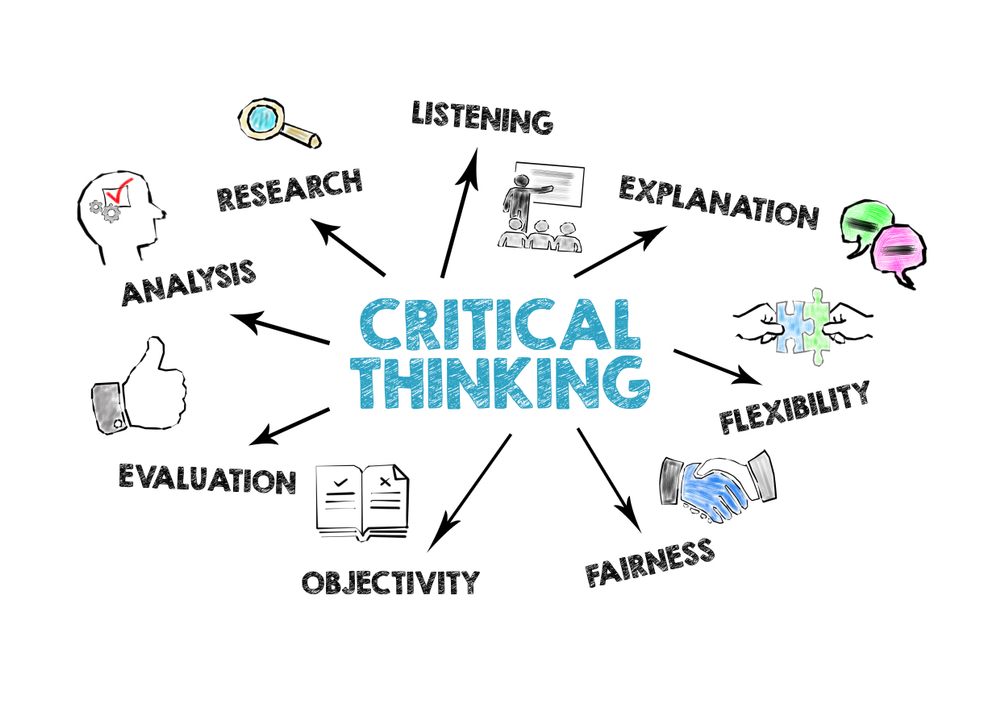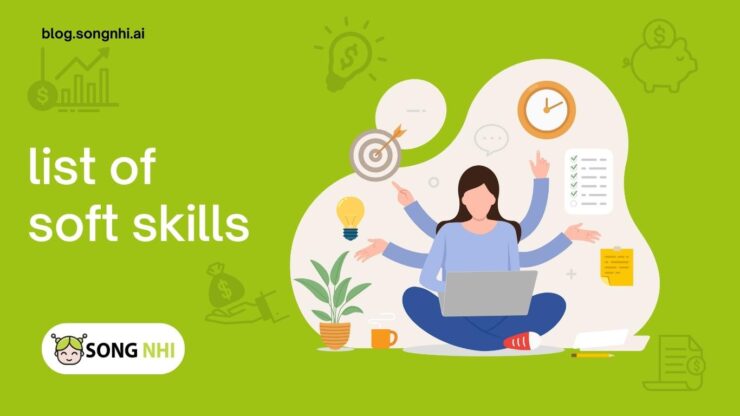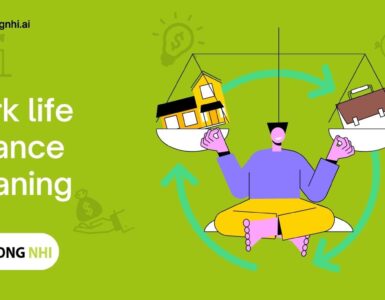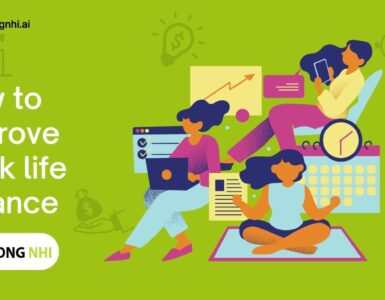In today’s professional landscape, technical skills alone are not sufficient for achieving success. Soft skills, often referred to as “people skills” or “emotional intelligence,” play a crucial role in personal and professional development.
They are the personal attributes that enable individuals to interact effectively with others, navigate complex situations, and thrive in various environments. In this article, we present a comprehensive list of soft skills that are highly valued in the modern workplace.
1. Communication
Effective communication is at the core of all successful interactions. It encompasses verbal and written communication, active listening, and the ability to convey ideas clearly and concisely. Strong communication skills facilitate collaboration, understanding, and relationship building.
2. Collaboration
Collaboration involves working effectively with others to achieve shared goals. It includes skills such as teamwork, cooperation, and the ability to contribute positively to group dynamics. Collaboration fosters innovation, synergy, and the ability to leverage collective expertise.
3. Adaptability
Adaptability is the capacity to embrace change and thrive in dynamic environments. It involves being open to new ideas, approaches, and perspectives. Adaptability allows individuals to adjust quickly, problem-solve effectively, and remain resilient in the face of challenges.
4. Problem-solving
Problem-solving is the ability to identify, analyze, and find solutions to complex issues. It requires critical thinking, creativity, and a systematic approach to addressing challenges. Strong problem-solving skills enable individuals to make informed decisions and overcome obstacles.

5. Emotional Intelligence
Emotional intelligence refers to the ability to recognize and manage one’s own emotions, as well as understand and empathize with others. It encompasses self-awareness, self-regulation, social awareness, and relationship management. Emotional intelligence fosters effective interpersonal relationships and contributes to a positive work environment.
6. Leadership
Leadership involves inspiring and guiding others towards a common vision or goal. It includes skills such as decision-making, delegation, communication, and the ability to motivate and empower team members. Effective leadership drives team performance, encourages innovation, and cultivates a positive work culture.
7. Time Management
Time management is the skill of effectively organizing and prioritizing tasks to optimize productivity. It involves setting goals, planning, delegating, and managing deadlines. Strong time management skills enable individuals to work efficiently, meet targets, and maintain a healthy work-life balance.
8. Flexibility
Flexibility is the ability to adapt and adjust to changing circumstances and demands. It involves being open to new ideas, embracing different perspectives, and demonstrating a willingness to learn and grow. Flexibility enables individuals to navigate ambiguity and thrive in evolving work environments.
9. Conflict Resolution
Conflict resolution is the ability to address and resolve conflicts constructively. It involves active listening, empathy, negotiation, and finding mutually beneficial solutions. Effective conflict resolution skills promote harmony, cooperation, and the maintenance of healthy relationships.
10. Critical Thinking
Critical thinking involves analyzing information, evaluating evidence, and making informed decisions. It requires logical reasoning, objectivity, and the ability to consider multiple perspectives. Strong critical thinking skills empower individuals to approach problems strategically and make sound judgments.

11. Creativity
Creativity is the ability to think in-novatively and generate new ideas. It involves out-of-the-box thinking, problem-solving, and the capacity to explore unconventional solutions. Creativity fosters innovation, enhances problem-solving capabilities, and drives organizational growth.
Related articles:
- Unleashing Your Potential: What is Personal Growth?
- Achieving Harmony: Understanding Work-Life Balance
- Striking a Balance: How to Improve Work Life Balance?
- Work Life Balance Meaning and Its Important
12. Resilience
Resilience is the capacity to bounce back from setbacks, adapt to challenges, and maintain a positive mindset. It involves perseverance, optimism, and the ability to learn from failures. Resilience enables individuals to navigate adversity, maintain motivation, and achieve long-term success.
Conclusion
Soft skills are increasingly valued in today’s competitive professional landscape. Developing and honing these skills can significantly enhance personal and professional success. By cultivating strong communication, collaboration, adaptability, problem-solving, emotional intelligence, leadership, time management, flexibility, conflict resolution, critical thinking, creativity, and resilience, individuals can position themselves for growth, effectively navigate challenges, and thrive in diverse work environments.
















